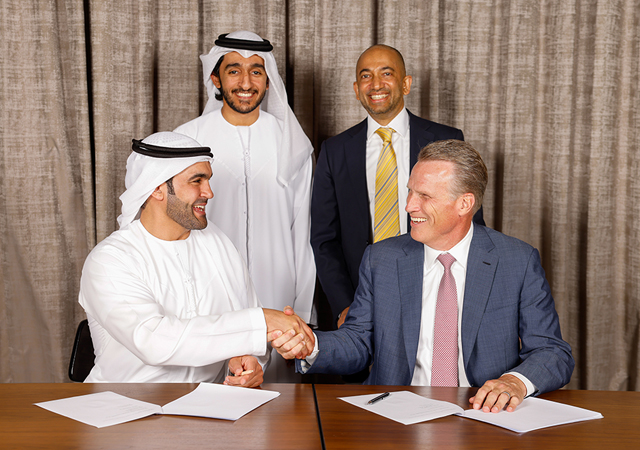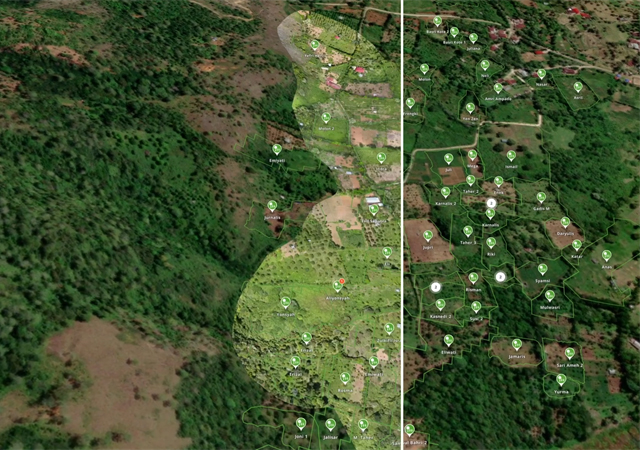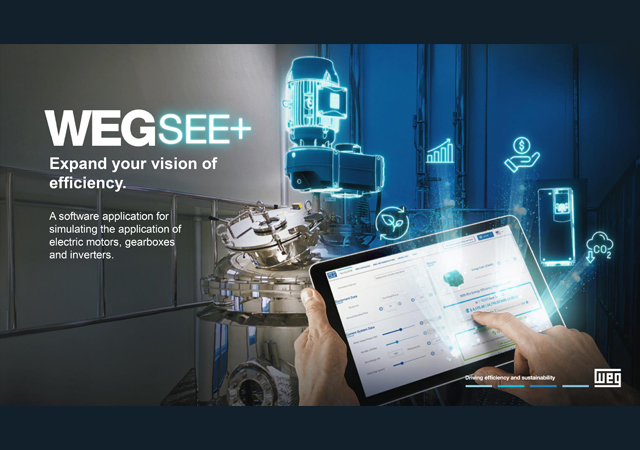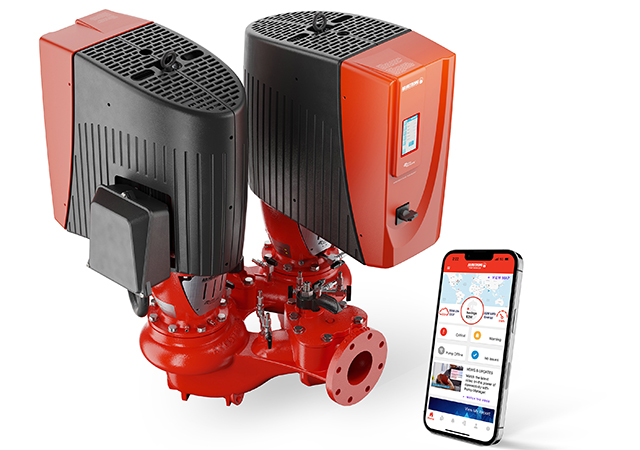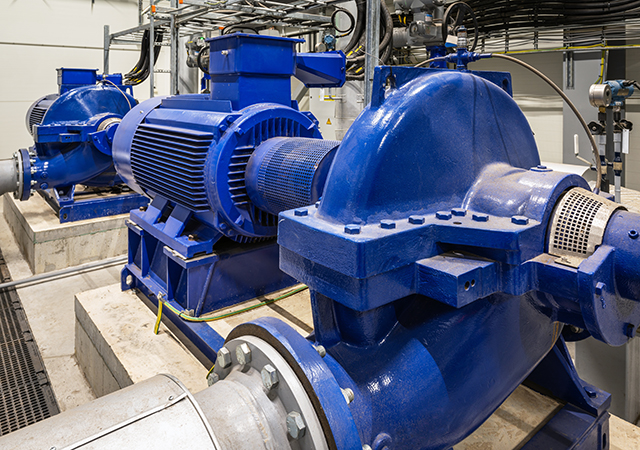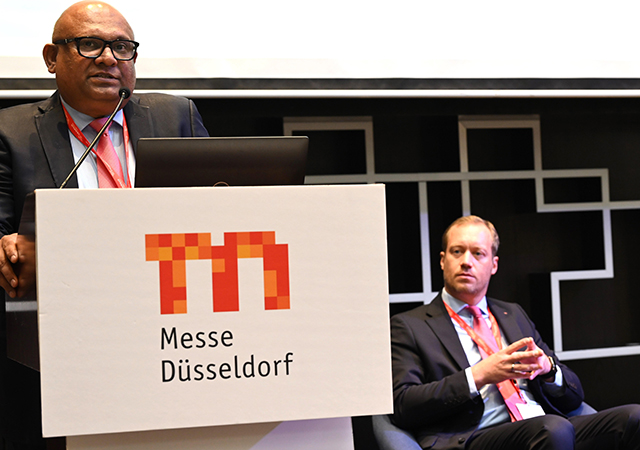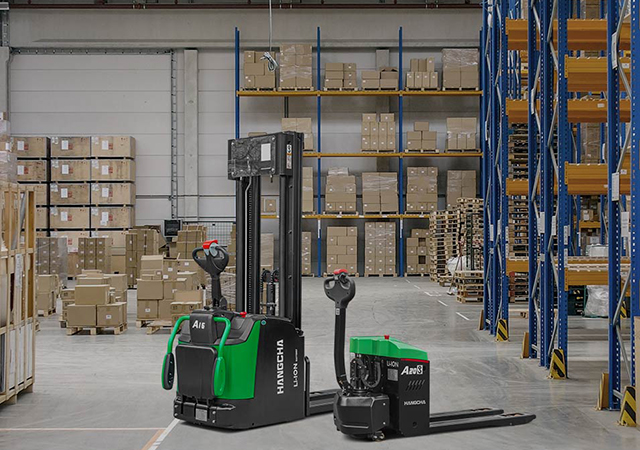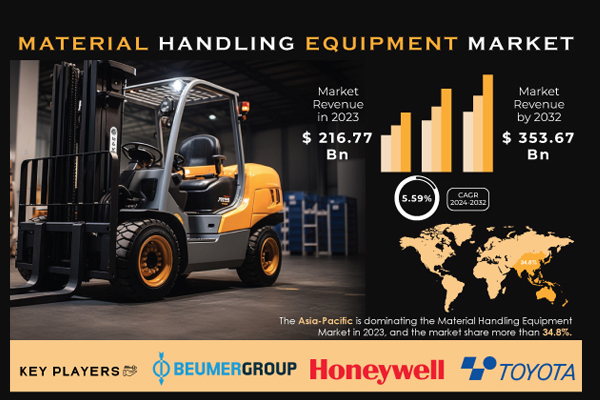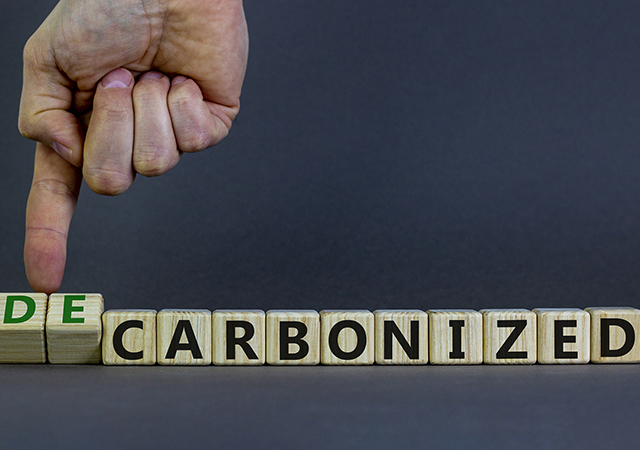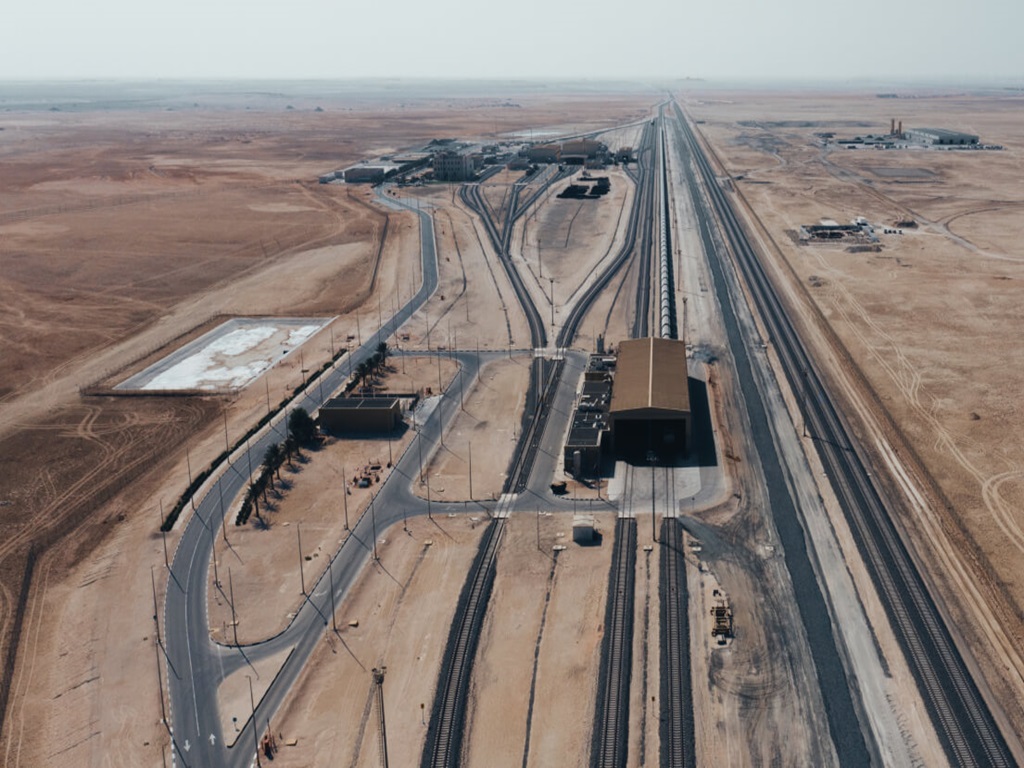 Niels Hougaard
Niels Hougaard
Tetra Pak achieved significant milestones globally in 2022, reducing operational greenhouse gas (GHG) emissions by 39%, with 84% of the energy coming from renewable sources.
This puts the company on track to achieve net zero within its own operations by 2030. Additionally, the sale of 8.8 billion plant-based packages and 11.9 billion plant-based caps translated into 131 kilo tonnes of CO2 savings, Tetra Pak says in its Sustainability Report FY22.
Tetra Pak also invested nearly €30 million ($32 million) to accelerate collection and recycling of beverage cartons, while working with food technology incubators and start-ups to explore the future of sustainable food.
Arabian region
Regionally, Tetra Pak continues to invest in the infrastructure required to boost sustainability across the Arabian region. Working in partnership with local governments, the private sector and NGOs, the company is leading the way towards a circular economy in the region.
In Saudi Arabia, significant partnerships have been signed with local recycling partners and school programmes are being implemented to raise awareness among children around recycling habits.
In addition, Tetra Pak has signed a number of MoUs with the Saudi Government and has entered discussions and engagements with waste management companies and collectors to increase collection of carton packages across the kingdom.
In the UAE, the company is increasingly present in the sustainability conversation, contributing as members of several circular economy entities, and actively collaborating with the government to shape circular economy policies and regulations, including Extended Producer Responsibility (EPR).
In addition, Tetra Pak entered an MoU with Dubai-based Union Paper Industries (UPM) alongside engagements with collection companies and waste management companies, with a goal to help set up the right infrastructure for recycling capabilities in the country.
Strong infrastructure
Niels Hougaard, Managing Director of Tetra Pak Arabia Area, said: “Tetra Pak’s commitment to the Arabian region as well as recognition of its significance and potential, are reflected through the efforts that are being put in to build a strong infrastructure that will support achieving Net Zero and enhance recycling capabilities throughout the Arabian region. Tetra Pak’s contribution, inclusion and active participation in circular economy efforts allow us to assist regional governments in developing and implementing policies that will lead to a low-carbon circular economy, and eventually achieve Net Zero goals.”
Tetra Pak’s sustainability journey in Saudi Arabia
• Local partner companies OPI (paper fibres recycler) and STP (polyAl recycler), who provide cutting-edge recycling and circular economy solutions for carton packages, commenced commercial operations in 2022.
• Joined the Packaging Working Group as a board member, and proactively signed an MoU with the Saudi regulators (MWAN – National Centre for Waste Management) to collaborate and develop waste management regulations across the kingdom, with a special focus on Extended Producer Responsibility (EPR).
• Initiated discussions and collaborations with waste management companies and collectors, aimed at increasing the collection of carton packages to be recycled by its partners.
Concrete steps take in UAE
• Signed an MoU with Dubai-based Union Paper Mills (UPM), to establish a commercially viable collection and recycling operations, due to start in Q4 2023/Q1 2024.
• Tetra Pak is a member and co-chairs the working group “Sustainable Manufacturing for Packaging” at the Circular Economy Policy Council in the UAE. The company is actively collaborating with the government to shape Circular Economy policies and regulations, particularly on the development and implementation of Extended Producer Responsibility (EPR).
• Became a founding and board member of the Circular Packaging Association in the UAE – an association is dedicated to fostering circular economy practices in close collaboration with government entities to craft policies and regulations that prioritise waste management and sustainable packaging.
• Engaged with collection companies and waste management entities to collect carton packages for recycling by UPM.
“The creation of a circular economy can only happen with the committed engagement of the entire value chain. Tetra Pak fosters and facilitates this collaboration, setting up solid foundations through public and private sector partnerships, as well as with NGOs, aligning efforts and actions and creating commercial pathways towards a more sustainable future in Arabia Area,” added Hougaard.-- TradeArabia News Service


